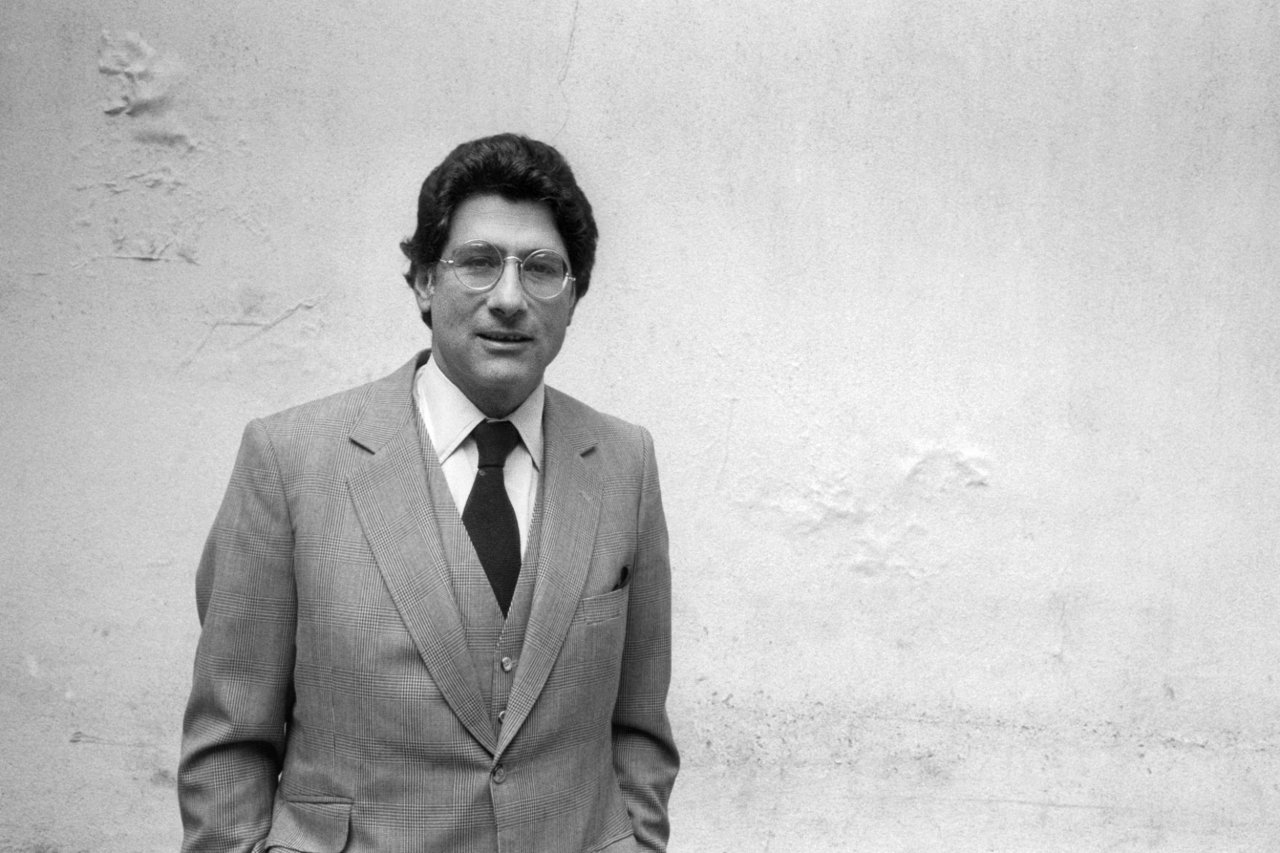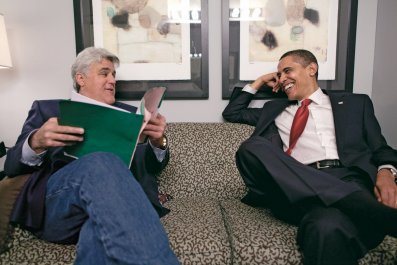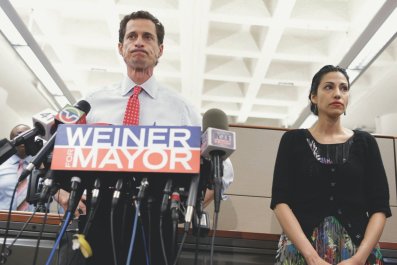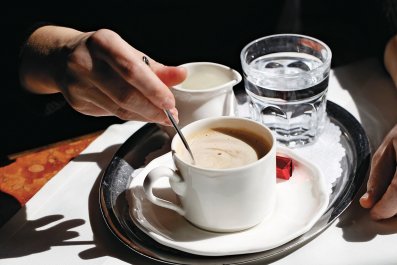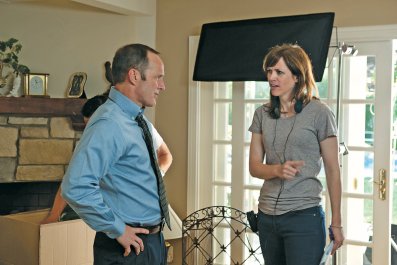ANYONE WHO'S traveled in the Middle East and heard the strains of Jay-Z competing with the call to prayer has an idea of the way "cultural imperialism" works. Western pop music and mindless Hollywood action movies are more or less pervasive, blending into the cacophony of the street with an implicit message of Western cultural superiority. But British scholar Rachel Beckles Willson argues that the roots of musical imperialism can be found dating back to the 1840s, when classical works first began to be performed in Beirut, Jerusalem, and Cairo. Such music, she says, was part of the "mission to civilize." More surprising, in modern times she identifies the late Edward Said, the urbane Columbia University scholar whose book Orientalism transformed thinking about the Middle East, as an offender himself. Said argued that because the colonial powers just assumed innate superiority, they were blinded to the real abilities and aspirations of the Arabs. But Said, an accomplished pianist, so adored classical music that he tried to keep it separate from the critical scrutiny he applied to so many other aspects of Western culture. "He was brilliant," says Beckles Willson, but his legacy is "very complex." A little like the Middle East itself.
The Surprising Roots of Cultural Imperialism in the Middle East
